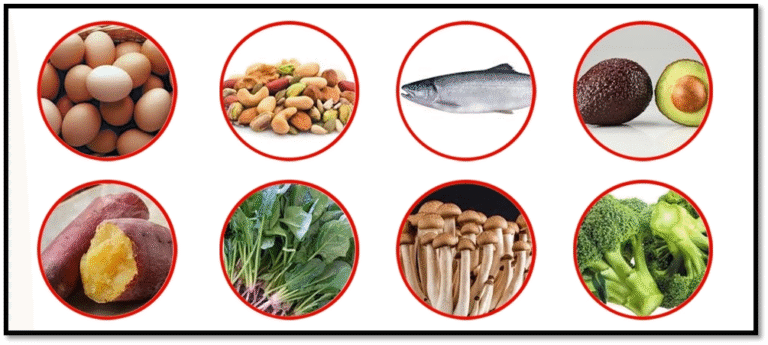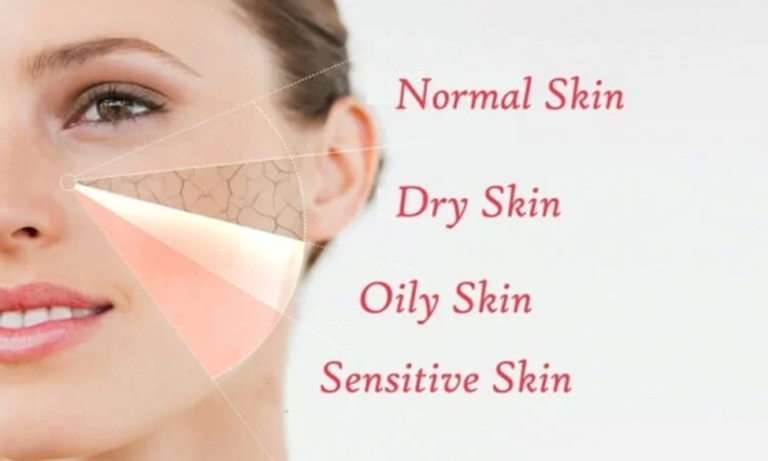Food for Scalp Health: How to Eat to Support Scalp Balance
Scalp health is important for strong, healthy hair. A healthy scalp prevents dandruff, itching, and hair loss. Many factors affect scalp health. Diet plays a crucial role in maintaining it. Processed foods can harm scalp health over time. Food for scalp health should be natural and nutrient-rich. Eating the wrong foods can cause scalp issues. Understanding processed foods’ impact helps maintain scalp health.

What Are Processed Foods?
Processed foods are altered from their natural state. They contain additives, preservatives, and artificial ingredients. Many processed foods are high in sugar and unhealthy fats. Fast food, chips, sodas, and packaged snacks are examples. These foods lack essential nutrients for scalp health. Consuming them regularly can cause various health problems. A poor diet affects hair and scalp health negatively. Food for scalp health should be whole and fresh.
The Link Between Processed Foods and Scalp Health
Processed foods contain harmful ingredients. These ingredients lead to poor scalp health. Excessive sugar causes inflammation in the body. Inflammation can result in an itchy, flaky scalp. Unhealthy fats contribute to clogged hair follicles. This can lead to hair thinning and scalp irritation. A lack of vitamins weakens scalp health. Food for scalp health must provide essential nutrients. Poor nutrition results in scalp problems over time.
How Sugar Affects Scalp Health
Sugar is found in many processed foods. It causes inflammation in the body. Scalp inflammation leads to dryness and itching. Dandruff worsens with high sugar intake. Sugar spikes insulin levels in the blood. This leads to hormonal imbalances that affect scalp health. Reducing sugar improves scalp and hair health. Food for scalp health should be low in sugar. Natural sugars from fruits are a better choice.
Unhealthy Fats and Scalp Issues
Processed foods contain unhealthy trans fats. These fats increase oil production on the scalp. Excess oil leads to clogged follicles and dandruff. Hydrogenated oils weaken scalp health over time. They also increase inflammation in the body. A diet high in bad fats worsens scalp conditions. Healthy fats support scalp health and hair growth. Food for scalp health should include good fats. Avocados, nuts, and seeds are great sources.
Nutrient Deficiency and Scalp Problems
Processed foods lack essential vitamins and minerals. A poor diet leads to weak scalp health. Vitamin deficiencies cause dry, flaky scalp conditions. Lack of iron results in poor blood circulation. Weak circulation affects hair growth and scalp health. Zinc deficiency contributes to dandruff and scalp irritation. Food for scalp health should be nutrient-dense. Eating whole foods prevents scalp and hair issues.
Processed Foods and Dehydration
Many processed foods contain high sodium levels. Too much salt dehydrates the body. A dehydrated body affects scalp health negatively. Dryness and itchiness increase with dehydration. Hydration is essential for a healthy scalp. Water supports circulation and scalp nourishment. Food for scalp health should include hydrating foods. Cucumbers, watermelon, and leafy greens improve hydration. Drinking enough water maintains scalp moisture.
The Role of Gut Health in Scalp Conditions
Processed foods disrupt gut health. An unhealthy gut affects scalp health directly. The gut and scalp are connected through the microbiome. Poor digestion results in scalp irritation and inflammation. Processed foods harm good gut bacteria. A weak gut leads to poor scalp conditions. Food for scalp health should include probiotics. Yogurt, kefir, and fermented foods improve gut health. A healthy gut leads to a healthy scalp.
Hormonal Imbalance Due to Processed Foods
Hormones play a key role in scalp health. Processed foods affect hormone levels negatively. Hormonal imbalance leads to excessive oil production. This causes dandruff and scalp acne. High sugar intake disrupts hormone function. Processed foods with artificial additives worsen hormonal health. Food for scalp health should support hormone balance. Eating whole foods helps maintain healthy hormone levels. A balanced diet prevents scalp issues.
The Importance of Antioxidants for Scalp Health
Processed foods lack antioxidants. Antioxidants protect scalp cells from damage. They reduce inflammation and improve blood circulation. Food for scalp health should be rich in antioxidants. Berries, dark chocolate, and green tea are great choices. Antioxidants promote scalp healing and nourishment. Processed foods increase oxidative stress in the body. Oxidative stress leads to premature scalp aging. Avoiding processed foods maintains a youthful scalp.
Healthy Alternatives to Processed Foods
Choosing whole foods improves scalp health. Fresh fruits and vegetables provide essential nutrients. Whole grains support better blood circulation. Lean proteins help with hair and scalp repair. Healthy fats strengthen hair follicles. Food for scalp health should be natural and unprocessed. Processed food alternatives include nuts, seeds, and yogurt. Eating right promotes long-term scalp and hair health.

Hydration and Scalp Moisture
Hydration is key for a healthy scalp. Processed foods dehydrate the body quickly. Dry scalp leads to irritation and flaking. Drinking enough water maintains moisture levels. Herbal teas and coconut water improve hydration. Food for scalp health should include water-rich foods. Hydrated skin leads to a healthier scalp. Reducing processed foods prevents dehydration. Proper hydration ensures scalp nourishment.
Exercise and Scalp Health
Diet and exercise affect scalp health. Processed foods lower energy levels. Lack of exercise reduces blood flow to the scalp. Poor circulation weakens hair follicles. Exercise boosts oxygen supply to scalp cells. Sweating removes toxins from the body. Food for scalp health should be combined with exercise. A healthy lifestyle supports scalp nourishment. Regular movement improves scalp and hair conditions.
The Long-Term Effects of Processed Foods on Scalp Health
Long-term processed food consumption harms scalp health. A poor diet contributes to chronic inflammation. Continuous vitamin insufficiency damages the hair roots. Continuous dehydration dries out the scalp. Food for scalp health should be prioritized. Avoiding processed foods protects against long-term damage. A nutritious diet promotes healthier scalp conditions. Proper nutrition increases scalp elasticity and moisture. Eating well ensures long-term scalp health advantages.
Processed foods have a bad impact on scalp health. They induce inflammation, dehydration, and nutritional deficits. Unhealthy fats restrict hair follicles, worsening dandruff. Sugar stimulates insulin, causing scalp abnormalities. Food for scalp health should be high in vitamins and minerals. Whole foods contain crucial elements for scalp health. A nutritious diet promotes strong hair and a moistened scalp. Avoiding processed meals promotes long-term scalp health. Eating well promotes a healthier, itch-free scalp. Food for scalp health should always be the first consideration. Proper diet promotes a balanced and nourished scalp. Maintaining a nutritious diet leads to strong, shiny hair.
FAQ’s
How do processed foods affect scalp health?
Can processed foods cause dandruff and scalp irritation?
Which ingredients in processed foods harm scalp health the most?
Does sugar intake contribute to scalp inflammation?
How does dehydration from processed foods impact the scalp?
Can avoiding processed foods improve scalp and hair health?
What are the best foods for scalp health?
Do unhealthy fats in processed foods clog hair follicles?
How does gut health relate to scalp conditions?
Can antioxidants help reverse the damage caused by processed foods?






